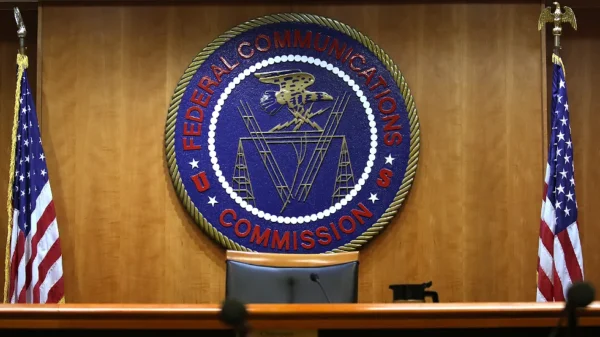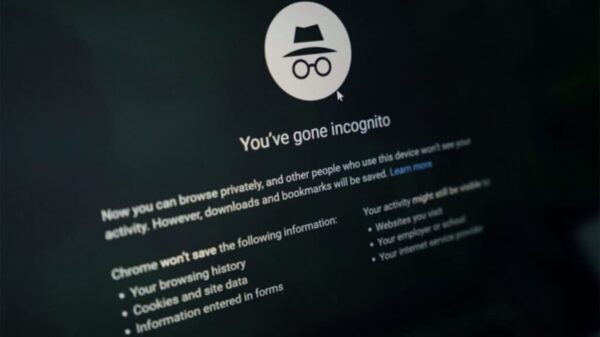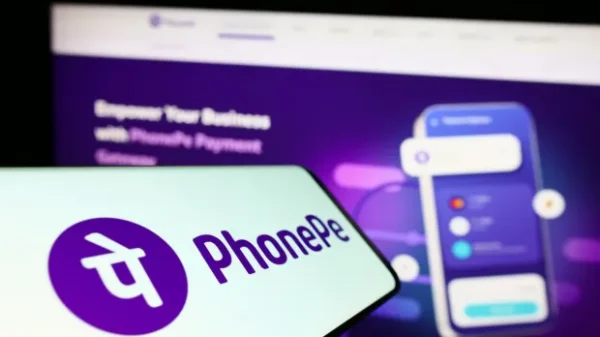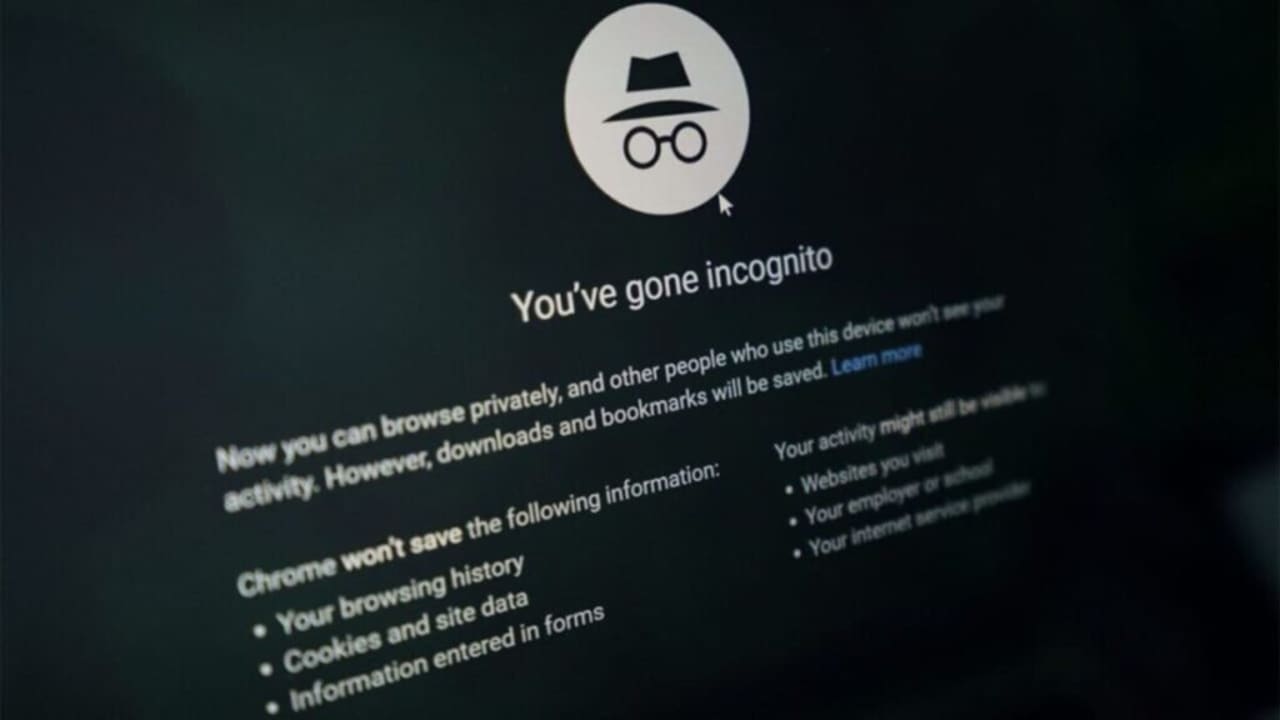Google has agreed to purge a massive amount of browsing data collected from Chrome’s Incognito mode as part of a settlement in an ongoing lawsuit. The case questioned Google’s continued collection of user data while browsing in Incognito mode, which is designed to prevent local data collection and browsing history tracking.
According to The Wall Street Journal, the settlement terms require Google to “destroy” billions of data points gathered from Incognito mode browsing sessions. However, it remains unclear whether Google will continue to delete such data going forward, as the existing data is being removed because it was deemed “improperly collected.”
You may also like – Top 10 Best Chrome Extensions to Supercharge Productivity
In addition to the data purge, Google has committed to updating the Incognito mode disclaimer to provide more transparent disclosures about the data it collects during private browsing sessions. Users will also gain the option to disable or block third-party cookies within Incognito mode.
Earlier this year, Google had already begun preparing changes to the Incognito mode disclaimer, specifically clarifying that browsing data can still be visible to Google itself, even in private mode. A toggle to block third-party cookies was also introduced.
Also Read – Google I/O 2024 is scheduled for May 14 – Here’s what you can expect
The original lawsuit sought damages of $5,000 per user, totaling a staggering $5 billion. While the settlement makes no mention of mass payouts for individual users, it does leave open the possibility of individual claims.
This settlement addresses concerns raised about Google’s data collection practices within Chrome’s Incognito mode, which was intended to offer a private browsing experience without leaving local traces. By destroying the improperly collected data and enhancing disclosures, Google aims to improve transparency and user control over privacy within its widely-used web browser.

















